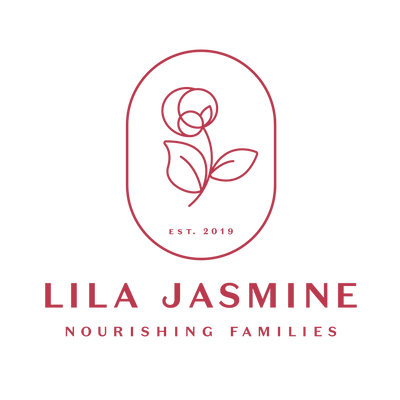YES!
Why? Unsurprisingly there is an increase in energy requirements during breastfeeding due to the energy cost of producing breast milk, an increase in food intake can be the source needed to meet the increased energy requirement to breastfeed. Studies have shown that most healthy breastfeeding people maintain an abundant milk supply while taking in 1800-2200 [or more] calories per day and the Ministry of Health calculates that the average extra daily energy requirement for a breastfeeding person is 476-500 calories per day. As a general rule of thumb you should simply listen to your body and eat to your appetite – this is usually all you need to do to get the calories you need.
The MOH provides the following simple guides;
- At least 4 servings of vegetables and at least 2 servings of fruit
- At least 5 servings of breads, cereals, grains, rice and preferably wholegrain pasta
- At least 3 servings of milk and milk products
- At least 2 servings of lean meat, poultry, seafood, eggs, nuts, seeds and legumes
Breastfeeding mothers need to drink more fluids too, they typically consume 3 litres of fluids daily compared to 2 litres for non-lactating women. Much like hunger, let thirst be your guide. I'd encourage you to aim for 2.5 litres of water a day and try to have a drink with each breastfeed. Breastfeeding people find they get very thirsty when they feed so it pays to have a drink bottle within arms reach, one with a straw is most useful. More important things to note;
- Extra fluid may be needed during hot weather, after activity or if you are vomiting or constipated
- Inadequate fluid intake may contribute to constipation
- The colour of the urine can be used as an approximate guide to sufficiency of fluid intake: the urine should be clear to light yellow
- Water or reduced or low-fat milk are the best fluid choices
- Limit soft drinks, flavoured waters, fruit drinks, cordials and diet drinks because these are low in nutrients and may be high in sugar. Avoid energy drinks and energy shots
- Caffeine is transferred into breast milk and may lead to irritability and poor sleeping patterns in your baby, especially when the caffeine is consumed heavily. Limit drinks containing caffeine, it is transferred into breastmilk, doses greater than 300-500mg of caffeine may cause irritability and insomnia in babies
- Be cautious about drinking herbal teas
- Avoid drinking tea with meals, the tannins in tea mean you will not absorb the iron in the meal as well as you could

